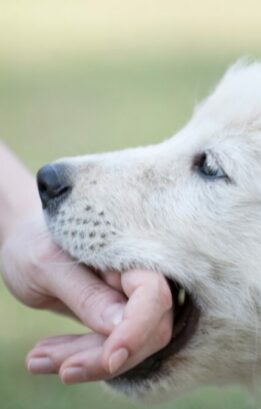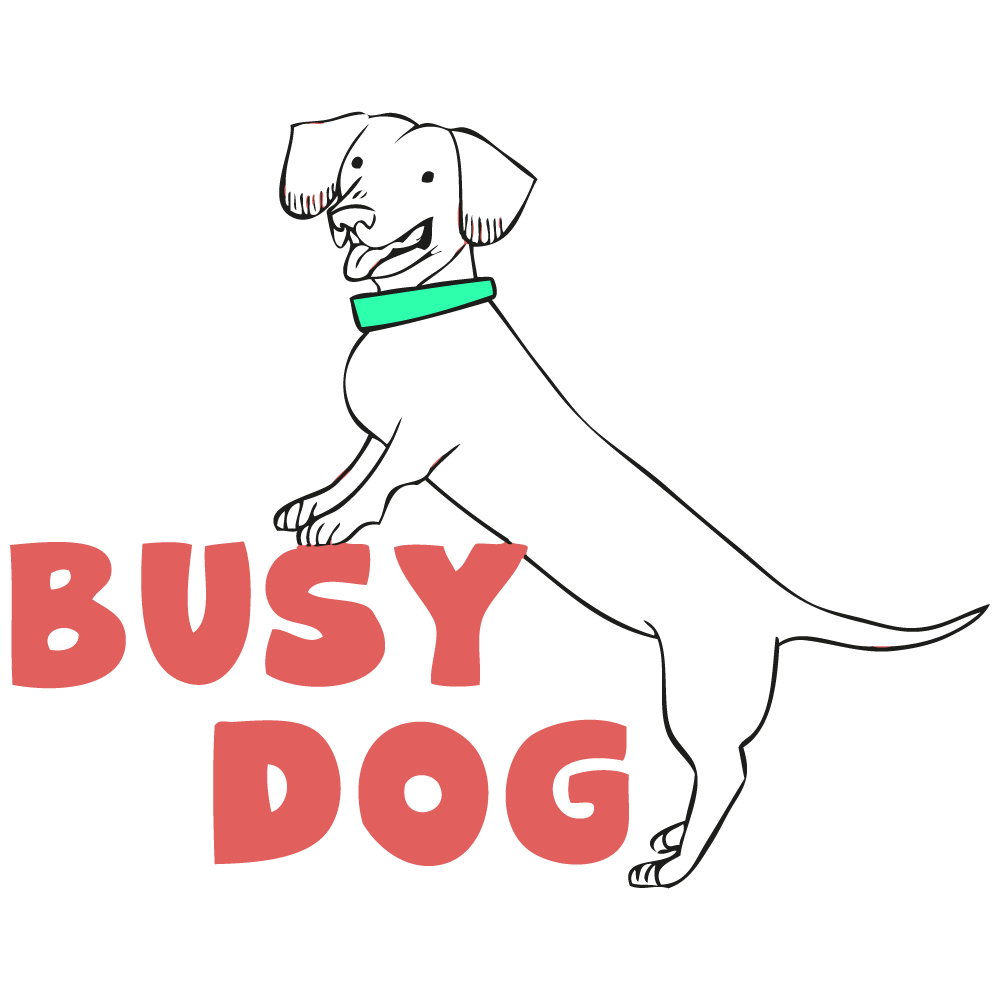
“Teaching bite inhibition is the most important aspect of your puppy’s entire education.” – Dr. Ian Dunbar
What is Bite Inhibition?
Bite inhibition is one concept that absolutely must be taught to all puppies. It has to do with teaching your dog to control the intensity of his or her bite. If we don’t teach puppies to moderate how hard they bite, we’ll have grown dogs accidentally injuring both people and other dogs.
Some bite inhibition is learned during those first 8 weeks of life from littermates and the mother. With that said, puppies still have plenty to learn as they age, and repetition is key. You must continue to teach your puppy how to control their mouths throughout all of puppyhood.
Bite inhibition also comes into play with more than play biting. In the perfect storm of a circumstance, even the most stable dog can bite. A dog that has been taught the value of bite inhibition may only cause a bruise or no damage at all, whereas a dog that hasn’t been taught this may cause a trip to the emergency room, which may even prompt euthanasia. Bite inhibition not only protects you, but it protects your dog too.
How do I teach my puppy?
Dr. Ian Dunbar breaks up bite inhibition into two steps:
1. Inhibiting the force of bites.
When your puppy bites you, offer a calm “ouch.” If your puppy backs off, resume playing. If your puppy does not back off, get up and remove yourself from the situation for a short moment. This teaches your puppy that biting results in the immediate suspension of play. Be sure to go back after your brief break and re-engage with your dog.
2. Decreasing frequency of mouthing.
After your dog learns to only bite gently, you may begin teaching him or her that the mouthing must stop when you say so. Begin by teaching your dog what “off” or “stop” means. Give the cue, then hold down a treat. As soon as your dog ignores or steps back from the treat for 1 second, reward him or her. Over time and repetitions, increase duration. Once your puppy understands that you want them to back off and wait nicely, you may turn this over to mouthing and play. Each time your puppy mouths you, give your off or stop cue, and use food to lure your dog off of you. Reward your dog for backing off, then resume play!
Over time, these two steps will concurrently teach your puppy that biting must be gentle and must cease as soon you say so. This is bite inhibition.
What NOT to do
- Alpha-Roll. This frightens your dog and will likely cause increased biting in both frequency and force.
- Yelp. It’s a common misconception that yelping teaches your dog that biting hurts, so they will therefore stop. This is not the case. A yelp often causes your puppy to become more aroused and therefore bite hard.
- Hold your dog’s muzzle closed. This is never recommended. This will cause more frustration, leading to an extra bitey puppy. It also may cause your dog to fear touch near the muzzle, which will be an issue when it comes to grooming and veterinary care.
- Bite your puppy back. Do not use any sort of physical force to stop puppy biting. This will harm your relationship with your dog and increase the risk of true aggression.
